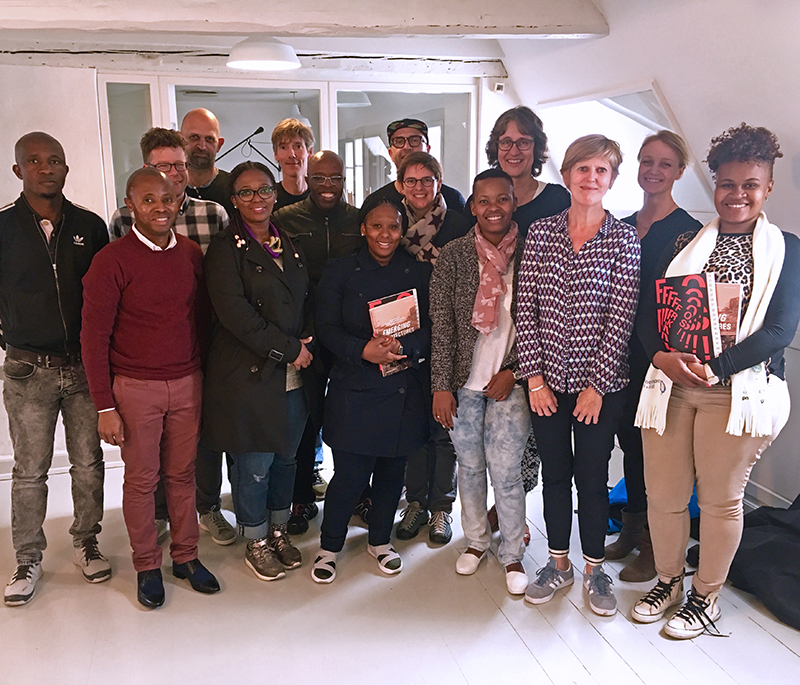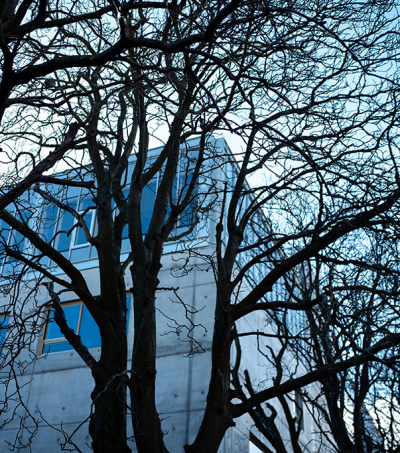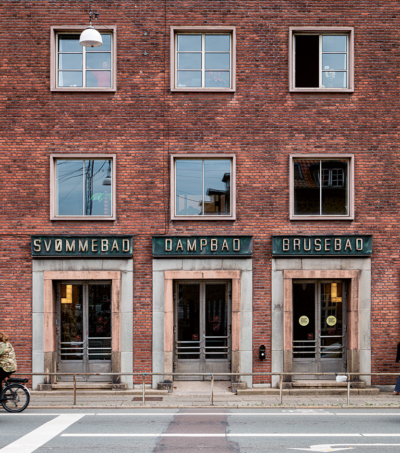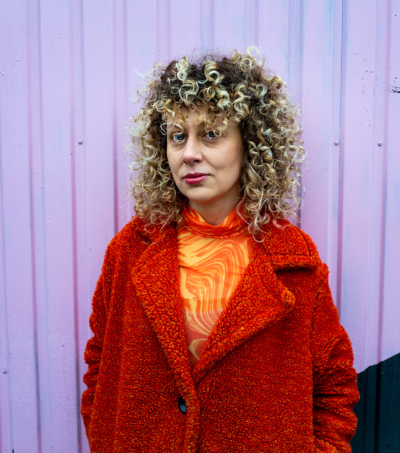The Metropolitan Municipality of Tshwane in South Africa, with its capital Pretoria, is home to three million people. Although this is almost ten times more people than live in Aarhus Municipality, Aarhus Municipality will over the next three years be helping South Africans by providing new knowledge about sustainable urban development.
These efforts will be part of a new collaborative project between Tshwane and Aarhus Municipality – a project in which Aarhus School of Architecture will be participating as knowledge partner.
“Tshwane and Aarhus are very different in almost all areas. Consequently, the project aims to look at the school’s existing knowledge about sustainable urban development and transfer it from one context into another,” says Head of Research Charlotte Bundgaard.
“At our school we want to engage with society through architecture, and this kind of project allows us to do so. Not only can we get more out of the knowledge we already have, the debates and workshops we facilitate, which involve the people from Tshwane, will also give us new knowledge to work with”, explains Associate Professor Anne Mette Boye, one of Aarhus School of Architecture’s representatives in the project.
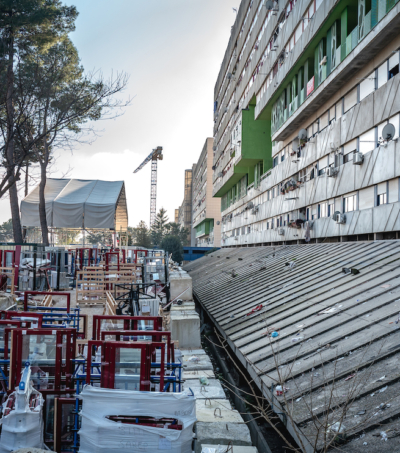 https://aarch.dk/wp-content/uploads/2025/12/25_eu-repairs-6_A_sGRH-kopi.jpeg
742
1200
Niels Rysz
https://s3-eu-central-1.amazonaws.com/aarchdk/wp-content/uploads/2019/02/03164631/aarch-logo-dark.svg
Niels Rysz2025-12-05 11:20:032025-12-05 11:20:04New Research Network to Explore Cultures of Maintenance in Social Housing
https://aarch.dk/wp-content/uploads/2025/12/25_eu-repairs-6_A_sGRH-kopi.jpeg
742
1200
Niels Rysz
https://s3-eu-central-1.amazonaws.com/aarchdk/wp-content/uploads/2019/02/03164631/aarch-logo-dark.svg
Niels Rysz2025-12-05 11:20:032025-12-05 11:20:04New Research Network to Explore Cultures of Maintenance in Social Housing
